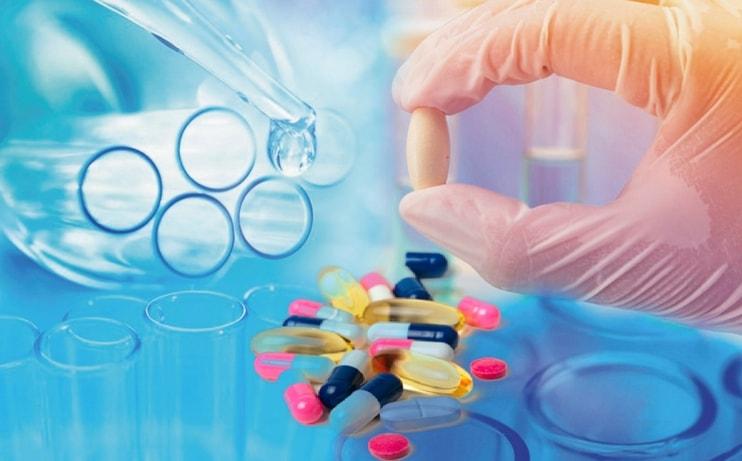Acne is a common skin condition that affects millions of people worldwide. While various factors contribute to the development of acne, one aspect that often goes overlooked is the role of vitamins. Deficiencies in certain vitamins can exacerbate or even trigger acne breakouts. Isotretinoin 20mg can help in curing acne. In this blog post, we will explore the connection between vitamin deficiencies and acne, and how ensuring adequate vitamin intake can help maintain healthy, clear skin.
Vitamin A: The Skin Protector
Vitamin A is crucial for maintaining healthy skin. It promotes cell turnover and prevents the clogging of hair follicles, which can lead to acne. A deficiency in vitamin A can result in dry, flaky skin and increased susceptibility to acne. Buy isotretinoin online which is FDA approval and is safe to eat. It’s a material with a connection to vitamin A.
Sources of Vitamin A:
- Carrots
- Sweet potatoes
- Spinach
- Fish liver oil
- Dairy products
Tip: Consider incorporating these foods into your diet or using topical retinoids, which are derivatives of vitamin A, to help manage acne.
Vitamin D: The Sunlight Vitamin
Vitamin D, produced when the skin is exposed to sunlight, plays a vital role in skin health. It has anti-inflammatory properties that can help reduce acne. A deficiency in vitamin D is associated with increased inflammation and may worsen acne symptoms.
Sources of Vitamin D:
- Sunlight exposure
- Fatty fish (salmon, mackerel)
- Fortified dairy products
- Egg yolks
- Supplements
Tip: Aim for moderate sun exposure and include vitamin D-rich foods in your diet to maintain optimal levels.
Vitamin E: The Skin Repairer
Vitamin E is a powerful antioxidant that helps protect the skin from damage caused by free radicals. It also aids in skin repair and moisture retention. A deficiency in vitamin E can lead to dry, irritated skin and may contribute to acne.
Sources of Vitamin E:
- Nuts and seeds (almonds, sunflower seeds)
- Spinach
- Avocado
- Olive oil
- Fortified cereals
Tip: Incorporate vitamin E-rich foods into your diet and consider using skincare products containing vitamin E for added benefits.
Vitamin C: The Collagen Booster
Vitamin C is essential for collagen production, which helps maintain the skin’s structure and elasticity. It also has anti-inflammatory and antioxidant properties that can help reduce acne. A deficiency in vitamin C can lead to slower healing of acne lesions and increased inflammation.
Sources of Vitamin C:
- Citrus fruits (oranges, lemons)
- Strawberries
- Bell peppers
- Broccoli
- Kale
Tip: Boost your vitamin C intake by consuming a variety of fruits and vegetables daily.
B Vitamins: The Stress Reducers
B vitamins, particularly B6 and B12, play a role in maintaining skin health and regulating hormonal activity. A deficiency in these vitamins can lead to hormonal imbalances, which are a common cause of acne.
Sources of B Vitamins:
- Whole grains
- Meat (chicken, turkey)
- Fish
- Eggs
- Legumes
Tip: Ensure a balanced diet that includes a variety of B vitamin-rich foods to support overall skin health.
Conclusion
While acne is influenced by multiple factors, including genetics and lifestyle, maintaining adequate vitamin levels is crucial for healthy skin. Vitamin deficiencies can exacerbate acne and hinder the skin’s ability to heal and regenerate. By ensuring a balanced diet rich in essential vitamins, you can support your skin’s health and potentially reduce the occurrence of acne breakouts. Remember, before making any significant changes to your diet or skincare routine, it’s always best to consult with a healthcare professional or dermatologist.




